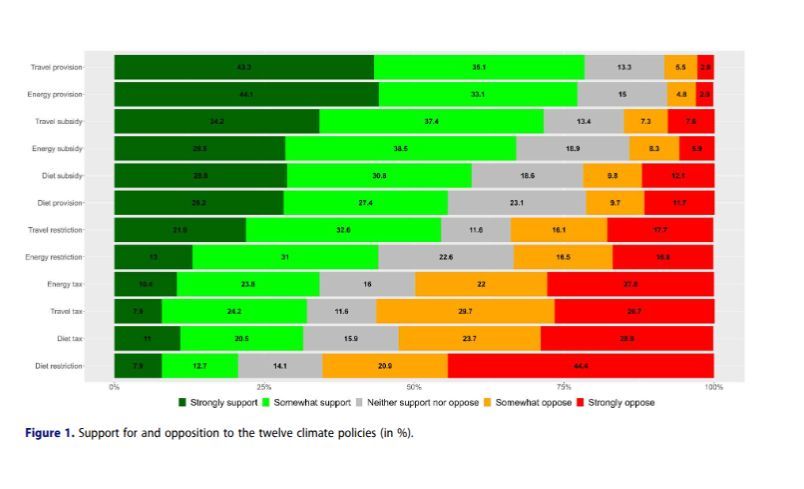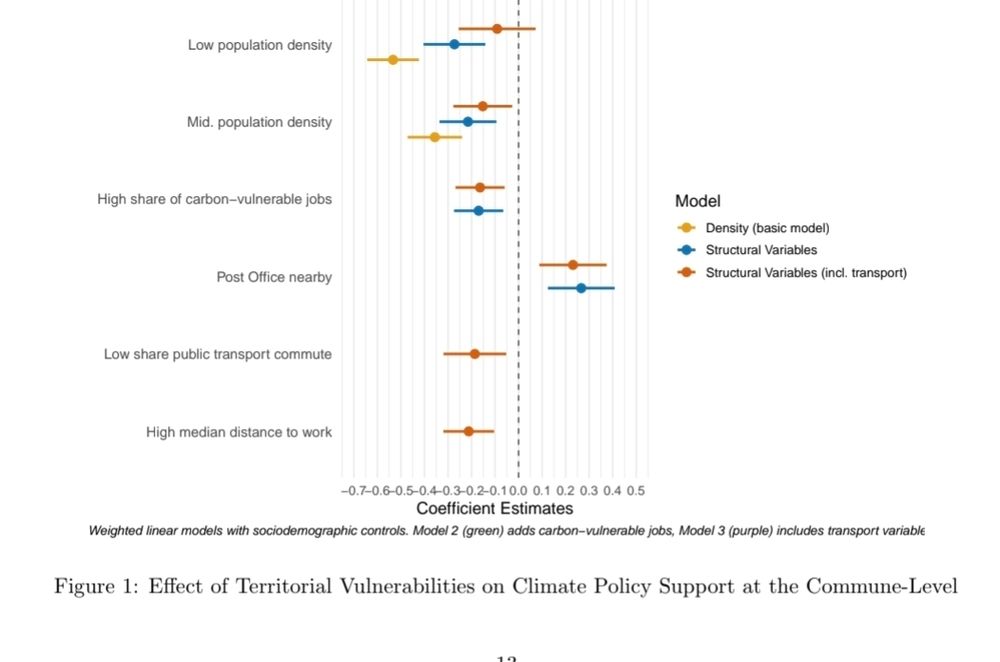Theodore Tallent
@theodoretallent.bsky.social
460 followers
96 following
130 posts
PhD researcher in political science at Sciences Po |
Research Associate at the Hertie School |
Working on climate politics, public opinion, & territorial divides.
Also at @CEENRG, University of Cambridge.
www.theodoretallent.com
Posts
Media
Videos
Starter Packs
Reposted by Theodore Tallent
Reposted by Theodore Tallent
Reposted by Theodore Tallent
Reposted by Theodore Tallent
Reposted by Theodore Tallent













